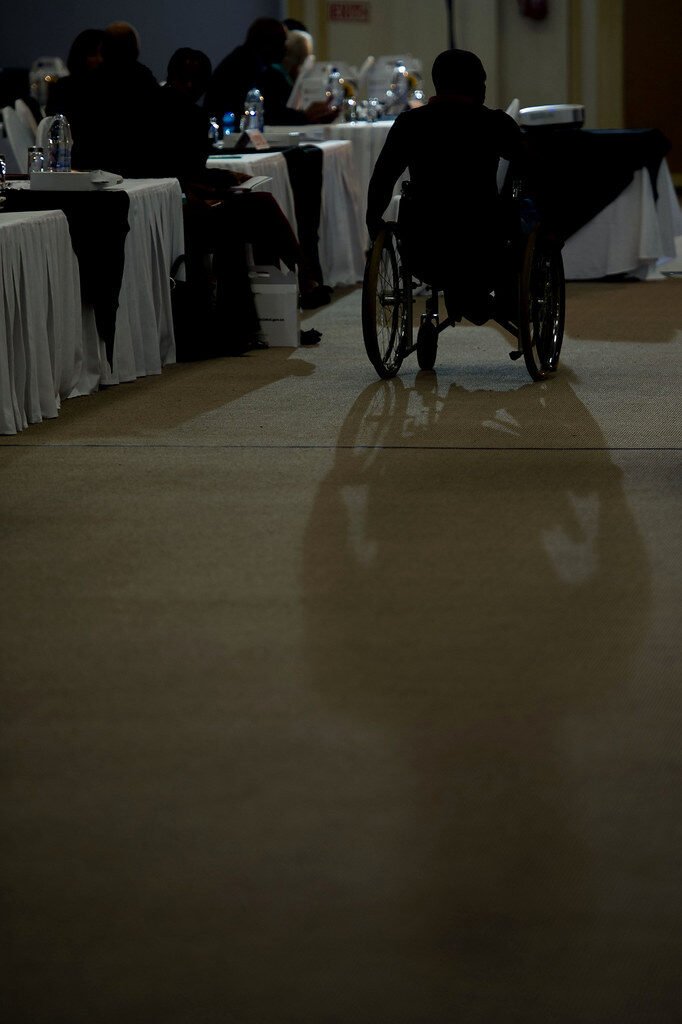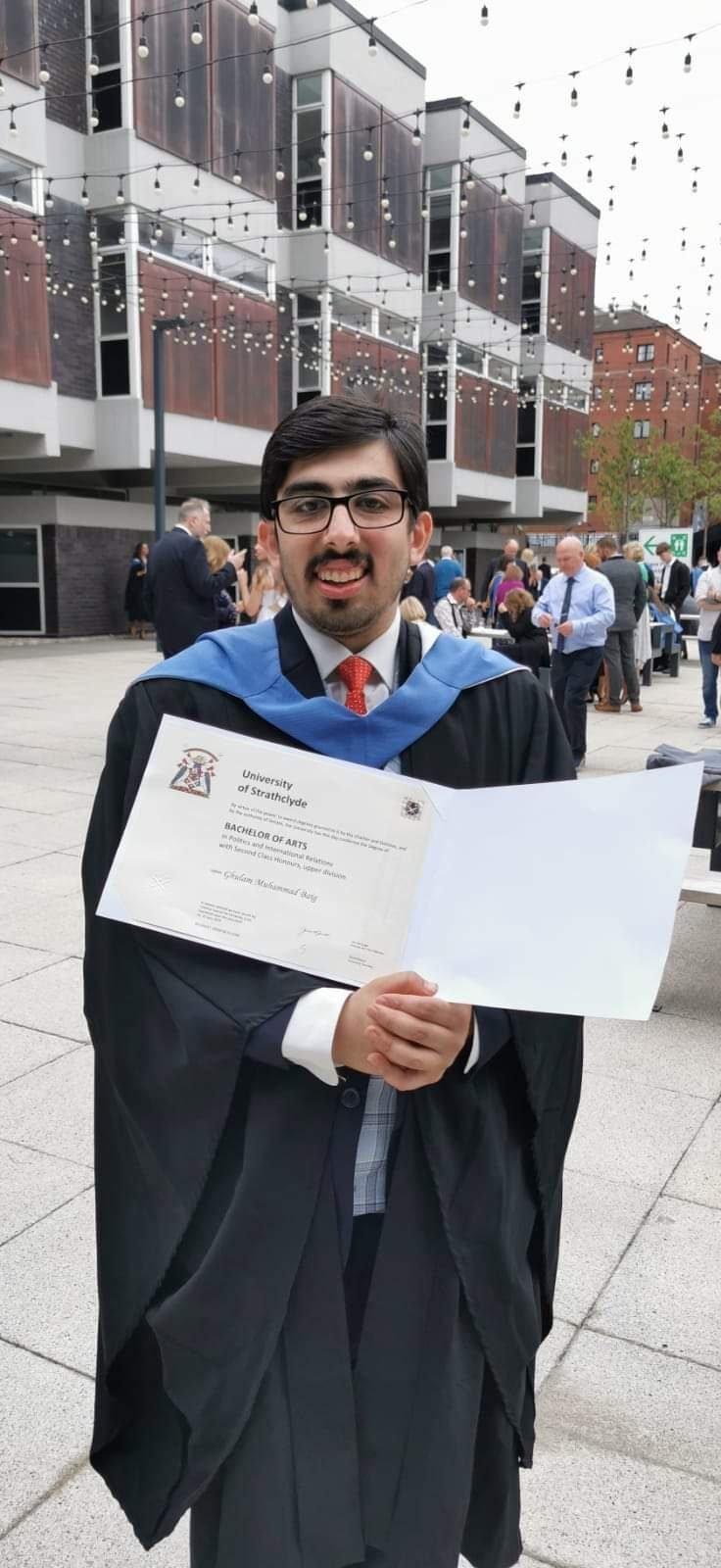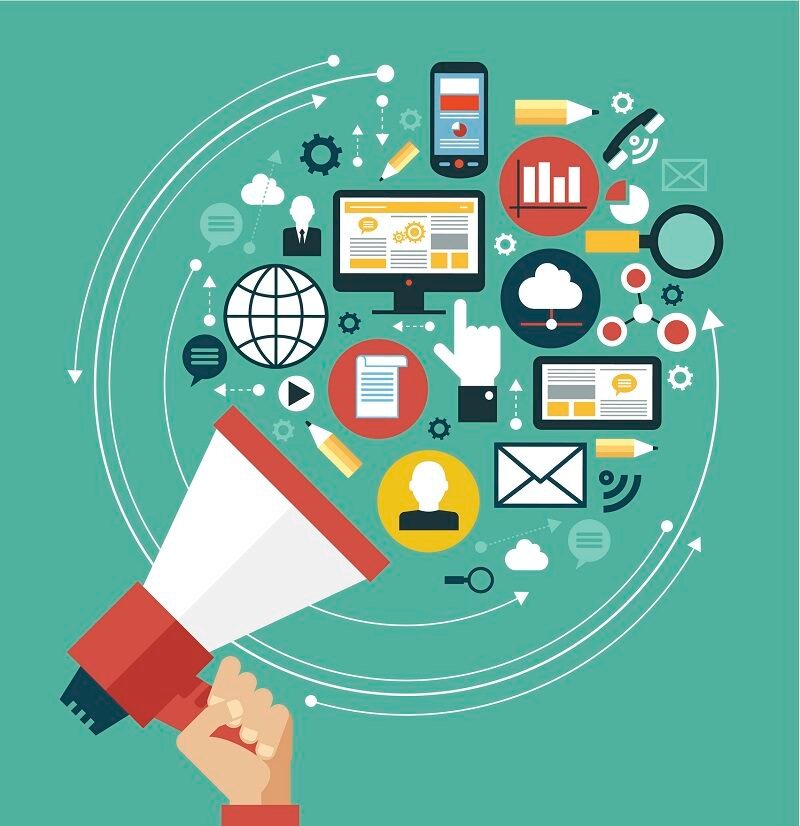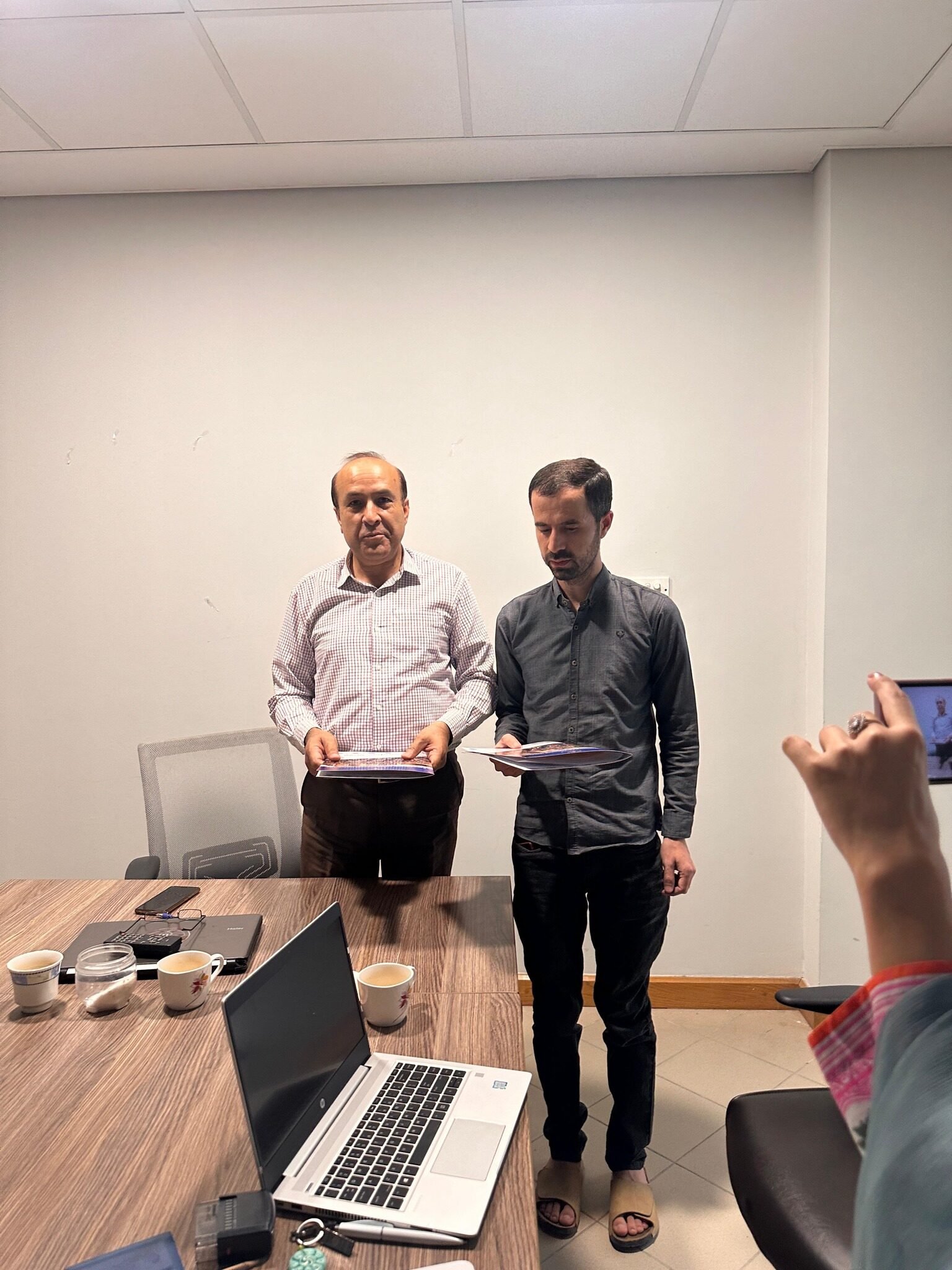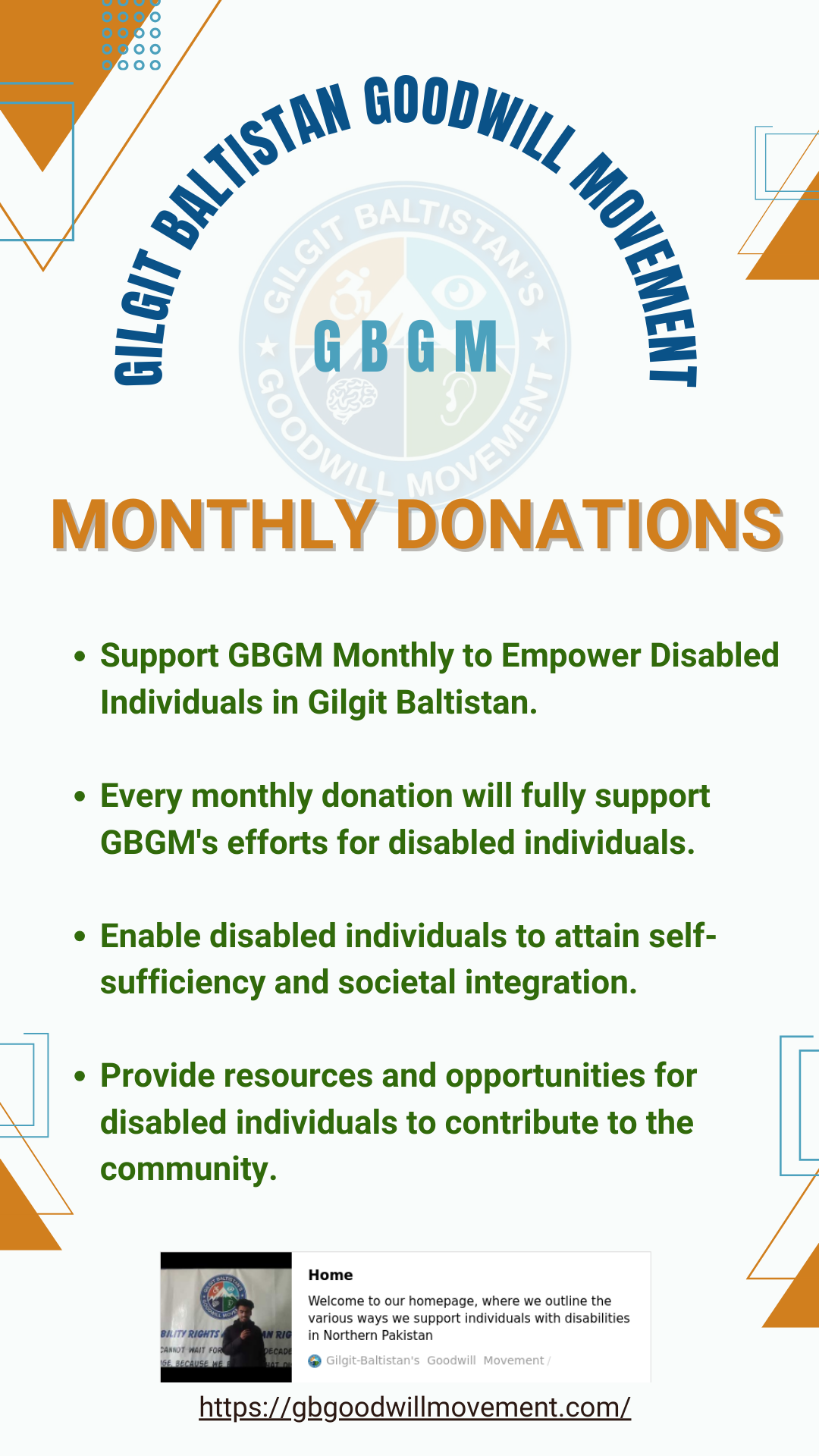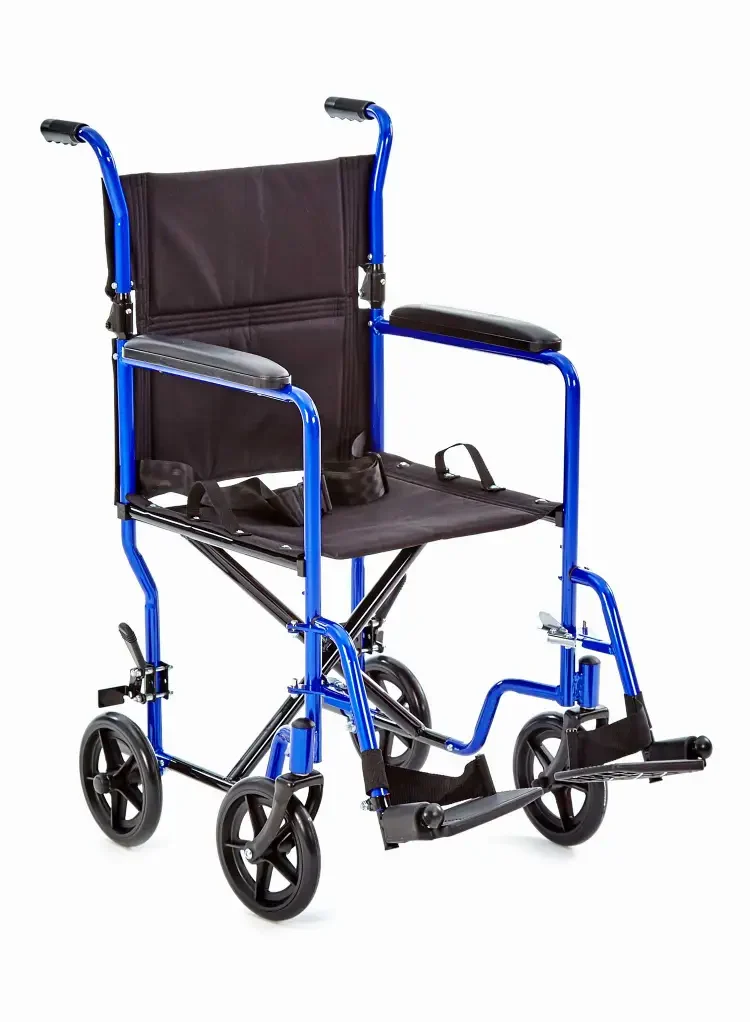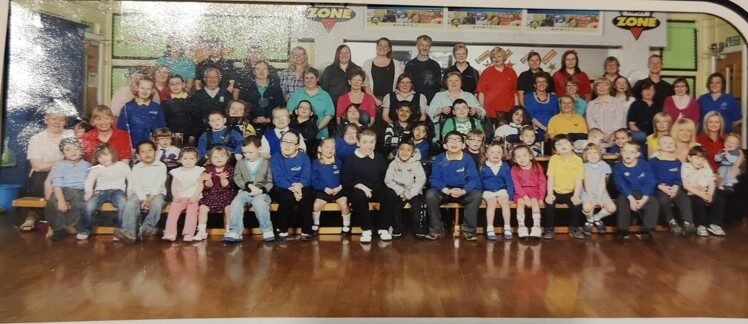Why Inclusion versus Exclusion?
The Basis of Exclusion
Exclusion of individuals or communities, especially those with disabilities, often lacks a legal foundation. No disabled person can legally charge someone with a violation of their human rights without substantial evidence. This lack of enforceable legal protection contributes to the perpetuation of exclusion.
Exclusion is often the path of least resistance. Including disabled individuals in social, professional, and communal discourse requires effort, adaptation, and often a shift in perspective. Many people default to a charitable model, where disabled individuals are only considered during specific times, such as the Islamic tradition of Ramadan. While these traditions can highlight the needs of disabled communities, they are insufficient for promoting continuous inclusion.
Why Should It Be My Problem?
A prevalent mindset is, “Why should it be my problem?” Many people believe that addressing the needs of disabled individuals is the responsibility of experts, laws, and government agencies. This perspective is a form of the bystander effect, where people assume someone else will address the issue, thus diminishing individual accountability and making it a public issue.
The Ease of Exclusion
Choosing exclusion over inclusion is often the easier route. Ignoring the needs and existence of disabled individuals allows people to avoid the discomfort and effort involved in making necessary changes to accommodate them. This neglect can lead to severe consequences for disabled communities, exacerbating their marginalization and the challenges they face.
The Meaning of Disabled and the Need for Inclusion
The term “disabled” carries multiple connotations. In the realm of information technology, “disabled” refers to a program, software, or hardware that is not functioning correctly. This technical usage can contribute to the negative perception of the term when applied to people. Many in the disabled community find the term limiting and stigmatizing.
In society, falsehoods and misconceptions about disabled individuals contribute to their exclusion. Phrases like “Do not mingle with the disabled community because they do not understand” perpetuate harmful stereotypes and deepen the divide. These misconceptions have persisted for millennia, shaping public perception and behavior toward disabled individuals.
The Importance of Inclusion
Inclusion is not merely a moral obligation but a necessity for a just and equitable society. Disabled individuals deserve the same opportunities, rights, and respect as anyone else. True inclusion involves challenging stereotypes, dismantling barriers, and fostering an environment where everyone can participate fully. This shift requires collective effort and a commitment to understanding and addressing the unique needs and contributions of disabled individuals.
Promoting inclusion over exclusion benefits society as a whole. It leads to a more diverse, compassionate, and innovative community where everyone’s potential is recognized and valued. It is time to move beyond token gestures of inclusion and work towards genuine integration and acceptance of disabled individuals in all aspects of life.
Visit to Goodwill By KIU Officials of the Speical Education, Gilgit
Building Upon That,
KIU’s Special Education Department’s students and teachers visited Gilgit Baltistan’s Goodwill Movement, and we were thrilled to host them!
Our team conducted a session on Special Education, highlighting the importance of inclusive learning and our ongoing projects dedicated to empowering individuals with disabilities.
This session involved:
- A lecture from Mustafa Kamal on Braille.
- A lecture from Ali Ahmed on IT skills.
- A lecture from Farhan Baig and Mehwish Sarwar on Inclusion Awareness.
In the coming months, we will run one-on-one sessions with the students to further inclusive education in the Gilgit region and city.



Overseas Pakistanis and inclusion.
On Tuesday, June 25th, 2024, Ghulam Baig, the CEO of Gilgit Baltistan’s Goodwill Movement, celebrated a remarkable achievement by graduating with a BA Honours in Politics and International Relations from The University of Strathclyde in Glasgow, UK. This milestone is particularly significant as Baig becomes the first disabled person from Gilgit Baltistan, Pakistan to graduate from this prestigious institution.
Baig expressed immense pride and gratitude for this achievement, noting that being the first disabled person to graduate from The University of Strathclyde is a great honor. In his conversation with Goodwill Movement, he highlighted the personal and collective significance of this accomplishment. Baig’s journey, however, underscores a broader issue that requires attention: the support and recognition of disabled individuals within Pakistan.
Why must such assets prove themselves at an international level before being appreciated locally?” Baig questioned.
His experiences reflect the challenges and triumphs of the disabled community, emphasizing the need for greater inclusion and support within Pakistan. Baig’s success story serves as both an inspiration and a call to action, urging society to come together and create a more inclusive environment that recognizes and nurtures the potential of all its members, regardless of physical abilities.
This poignant inquiry sheds light on the broader systemic issues faced by the disabled community in Pakistan. Despite their immense potential and talent, individuals with disabilities often find themselves overlooked and underappreciated within their local contexts. This lack of recognition not only undermines their abilities but also perpetuates a cycle of marginalization and limited opportunities.
Several factors contribute to this issue. Cultural perceptions and stigmas associated with disability play a significant role in limiting opportunities for disabled individuals. Many communities in Pakistan still view disability through a lens of pity and charity rather than empowerment and capability, which is not been reduced by the overseas community. This outdated perspective often leads to disabled individuals being underestimated and their potential overlooked.
Furthermore, the lack of accessible infrastructure and inclusive education systems exacerbates the problem. Educational institutions in Pakistan frequently lack the necessary resources and support systems to accommodate disabled students, thereby limiting their educational and professional prospects.
In addressing these challenges, the role of overseas Pakistanis becomes crucial. The Pakistani diaspora, particularly those who have achieved success and recognition abroad, have a responsibility to contribute to the betterment of their homeland. They possess the resources, influence, and global perspective needed to drive meaningful change.
Instead of being overly political with supporting a certain individual, Overseas Pakistanis can also leverage their experiences and networks to advocate for better policies and practices that support disabled individuals. That is the true meaning of Pakistan.
Facts versus Social Misconceptions
- Misconceptions about disabilities can indeed perpetuate discrimination and hinder social inclusion. In South Asia, where cultural norms and awareness levels vary, addressing these misconceptions becomes even more critical. Some reading this article may have these misconceptions, but as a DPO we have to raise awareness of personal individual development in Gilgit Baltistan.
- Presenting here are the misconceptions with facts. Some of the headings are loosely translated from Urdu to English.
Poor fellow can not read or write or listen
- The typical social discourse when anyone sees a disabled person is that they are not able to read or write.
- Remember that stereotypes are not always accurate representations of individuals or the complex realities of the modern world.
Consider the cases of Shah Zuhaib, Muhammad Rafi and Mustafa Kamal, who belong to the Ghizer and Diamer regions of Gilgit Baltistan.
Shah Zuhaib, the individual next to Farhan and Ali Ahmed has now joined KIU and has started taking Speical Education classes which in turn will help shape future policy of the Speical Education Dept in KIU campuses across Gilgit Baltistan.
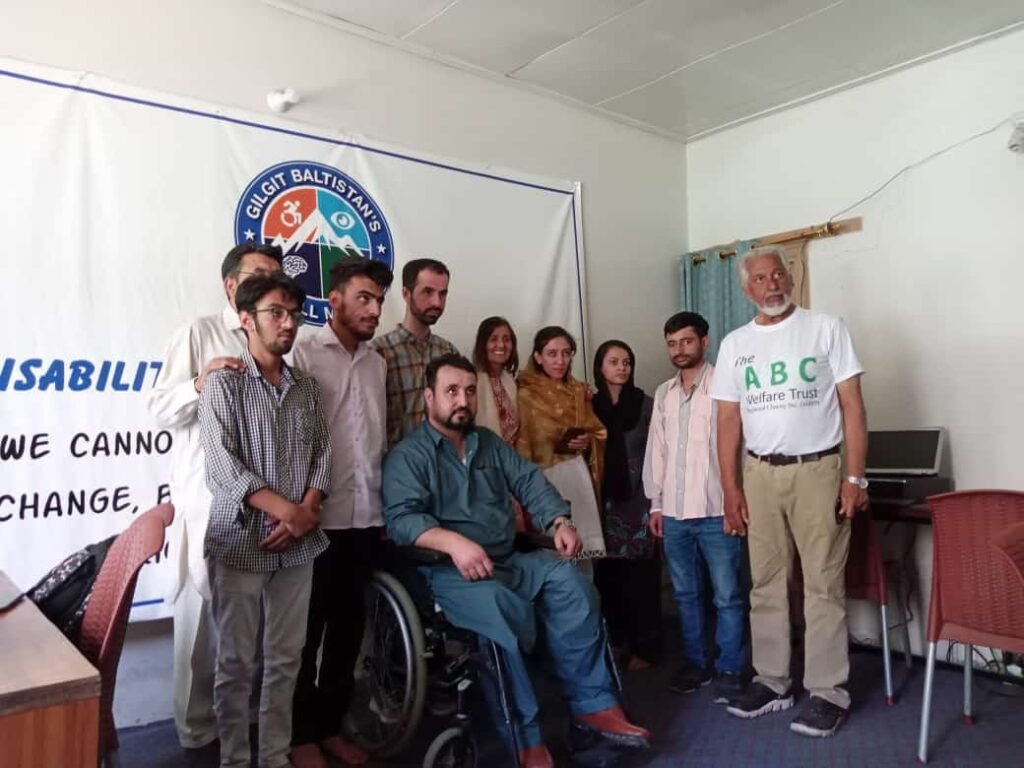
Muhammad Rafi seen in the image below is now close to graduating in Sociology due to Goodwill Skills. Dr Zubair then HOD Sociology at KIU Praised the efforts of Gilgit Baltistan’s Goodwill Movement in not just motivating Rafi but also developing a pathway for the new batch of disabled students in KIU Gilgit Campus.

Mustafa Kamal has joined our Goodwill team (seen below), advancing the rights of disabled persons across Gilgit Baltistan. He is dedicated to Goodwill and particularly to the Ghizer region where he wants further development for PWDs.

What about women – Surely Disabled women are excluded from your project
The short anwser is no. Disabled women get equal treatment as disabled men in the centre. As a matter of fact our two female students, Khushan and Mehnaz have graduated from the centre and have found opporunities in freelancing and the Speical Education Complex of Gilgit Baltistan.

Breaking barriers
Media portrayals of disabled individuals have frequently perpetuated negative stereotypes. This phenomenon, often described as psychological warfare, effectively ‘others’ persons with disabilities, marginalizing them and reinforcing societal prejudices. Such portrayals can lead to the internalization of negative self-images among disabled individuals and perpetuate a cycle of discrimination and exclusion.
Notably, writers like Edward Said and David Arnold have extensively explored the concept of orientalism in India, highlighting how Western narratives have historically constructed the East as the ‘Other.’ Similarly, the representation of disabled individuals in media often follows a pattern of ‘othering,’ where they are depicted as pitiable, dependent, or even as villains, rather than as complex, multifaceted individuals.
The crippled, the dumb, and the mute are often reduced to their disabilities, with their identities and stories overshadowed by their physical or mental conditions. This reductionist view strips them of their humanity and individuality, making it difficult for society to see them as equals. Instead of being portrayed as active participants in their own lives, they are often shown as passive recipients of charity or as burdens on society.
Media portrayals of disabled individuals have often perpetuated negative stereotypes, contributing to a cycle of discrimination and exclusion. These portrayals reduce complex, multifaceted individuals to their disabilities, overshadowing their identities and stories. Instead of being active participants in their lives, disabled individuals are often depicted as passive recipients of charity or burdens on society.
Regarding charity, it symbolizes self-fulfillment when communities or individuals provide for basic needs like food, rations, or medical expenses. However, it often doesn’t extend beyond immediate necessities.
Our Way
Perhaps we should consider an alternative approach: empowering the disabled community to become stakeholders within society. Research shows that disabled employees can significantly impact a company’s revenue, with 30% higher net profits and 111% higher overall net income1. It’s time to rethink our perspectives and create more inclusive narratives. Why haven’t we explored this before? 🤔
Inclusive Education Steps in Gilgit Baltistan
In a landmark initiative, the Goodwill Movement and Karakoram International University’s Department of Special Education have come together to form a powerful alliance dedicated to fostering inclusive education and empowerment for individuals with special needs.
This significant partnership was officially marked by the signing of a Memorandum of Understanding (MOU) between President Farhan Baig of the Goodwill Movement and Dr. Qutoshi, the esteemed Head of the Department of Special Education at Karakoram International University. The MOU signifies a mutual commitment to drive forward inclusive education and provide robust support for individuals with special needs.
Areas of Mutual Interest
- Developing Innovative Programs and Resources: By creating new and effective educational programs and resources, the partnership aims to cater specifically to the unique needs of individuals with special needs, ensuring they receive the highest quality of education.
- Enhancing Teacher Training and Capacity Building Through Braille: Recognizing the critical role of teachers in the educational journey, the alliance will work on enhancing teacher training programs. Special emphasis will be placed on training in Braille, equipping educators with the skills necessary to teach students
- Promoting Accessibility and Inclusivity in Education: The partnership will strive to make educational environments more accessible and inclusive, breaking down barriers that individuals with special needs often face. This will involve both physical accessibility improvements and the creation of inclusive curricula and teaching methods.
Together, the Goodwill Movement and Karakoram International University are committed to creating a more inclusive and equitable society where every individual, regardless of their abilities, has the opportunity to thrive and succeed.





Monthly Donations for Gilgit Baltistan Goodwill Movement
We must extend our support and compassion beyond Ramadan to those who face daily challenges due to physical, intellectual, and cognitive disabilities.
We urge you to join us in this mission by making monthly contributions to the Gilgit Baltistan Goodwill Mission (GBGM).
Every monthly donation will be fully allocated to the GBGM and its operations, which aim to improve the lives of disabled individuals in our region.
Our goal is to help disabled individuals achieve self-sufficiency and independence, allowing them to become valued and respected members of society. Through our combined efforts, we can provide them with the resources and opportunities they need to stand on their own and contribute meaningfully to our community.
By committing to monthly donations, you will play a crucial role in sustaining the GBGM’s initiatives and ensuring ongoing support for those in need. Together, we can make a lasting impact and bring positive change to the lives of disabled individuals in Gilgit Baltistan.
To support this fundraiser click here : https://gbgoodwillmovement.com/campaigns/monthly-donations/?donate=1
The issues of Wheelchairs
While Gilgit Baltistan’s Goodwill Movement endeavors to address social inequalities through its skills development program, the challenges associated with wheelchairs in the region persist.
Why are we concerned with Wheelchairs?
Under the Convention on the Rights of Persons with Disabilities agreed by the United Nations, a disabled person has the right to dignity and respect.
Under the Convention on the Rights of Persons with Disabilities, which was agreed upon by the United Nations, a disabled person is entitled to dignity, respect, and the full and equal enjoyment of all human rights and fundamental freedoms. This includes the right to accessibility, personal mobility, and the ability to participate fully in all aspects of life on an equal basis with others.
Keeping in mind the challenging terrain of Gilgit Baltistan, it is important to recognize that individuals with wheelchair issues cannot easily navigate the region. The rough and uneven landscape significantly hinders their mobility, making it difficult for them to access essential services, participate in community activities, and enjoy the full rights and freedoms guaranteed to them under the Convention on the Rights of Persons with Disabilities.
Case study of Ghizer
Earlier this week, we received a voice note from an individual who expressed deep concern for his community of wheelchair-bound persons. He conveyed that the challenging terrain of Gilgit Baltistan, coupled with the lack of adequate infrastructure and resources, severely limits their mobility and access to essential services. He highlighted the urgent need for improved facilities and support systems to ensure that individuals with disabilities can live with dignity and participate fully in all aspects of life.
Conclusion
While the Gilgit Baltistan’s Goodwill Movement is making commendable efforts to address social inequalities through its skills development program, the persistent challenges faced by wheelchair users in the region cannot be overlooked. The rugged terrain and insufficient infrastructure severely limit their mobility and access to essential services. It is imperative that greater attention and resources be directed towards improving conditions for individuals with disabilities, ensuring they can exercise their rights to dignity, respect, and full participation in society, as mandated by the Convention on the Rights of Persons with Disabilities. The voices of those directly affected must be heard and addressed to create an inclusive and accessible environment for all.
Stories of the Resilient – Ghulam Muhammad Baig
My profile
Allow me to introduce myself. I am Ghulam Muhammad Baig, a soon-to-be graduate of Politics and International Relations at Strathclyde University in Glasgow, UK. In today’s world, I am deeply passionate about the active involvement of young people in social work. As a person with a disability, I understand firsthand how our experiences can shape the world we live in.
As an immigrant from Pakistan, I’ve had the opportunity to experience education in both the UK and my home country. This journey has not only broadened my horizons but also highlighted the common challenges faced by individuals with disabilities in both nations.
Moreover, during those years, my educational experiences were even divided between Additional Support Needs Schools (special schools) and mainstream education.
A mind boggle
have used this heading because explaining how I was educated is complex in itself. I will try to express it without using complex terms or lengthy discussions. In Additional Support Needs Schools, students often aren’t challenged to their full potential, which is unfortunate. However, these schools do offer great facilities, including:
- One-on-one care from a support assistant for each disabled student
- Smaller classrooms
- Bus support
- Speech therapy/Occupational therapy
- Physical therapy
- Support for free school meals
- Personal guidance
Reflecting on it, I realize that the concept of specialized schools for the disabled can feel uncomfortably close to segregation. It seems as though society is saying it doesn’t want to address their needs, so it isolates them into separate units.
I am not saying that is wrong; I am just saying that it limits or generalizes every disabled individual to not be of a sane mind. Having said that, multiple disablities, such as autism, and other physical disablities, such as ceberal palsy, which I have a mild form of benefit from it.
If it were not for my teachers like Ms Patterson and Robyn at the City of Glasgow College, I would not have become the student I am today.
How did this help me in focusing on charity work?
As I grew older, now at the age of 24, I began to understand that in third-world countries like Pakistan, especially in regions such as Gilgit Baltistan, issues like mine might not be openly discussed or addressed. These regions often face significant challenges, including limited resources, lack of awareness, and cultural stigmas, which can hinder open conversations and effective action on such matters.
Despite this, I held onto a glimmer of hope that progress could be made in Gilgit Baltistan, particularly because of the presence of organizations like the Aga Khan Development Network (AKDN). The AKDN has a strong reputation for its work in health, education, and community development, and its initiatives have brought about positive change in many underserved areas. I hoped that their efforts might extend to addressing issues like mine, raising awareness, and providing support and resources to those in need.
However, such changes take time and require a concerted effort from multiple stakeholders, including local communities, government bodies, and international organizations. While the presence of organizations like the AKDN is a promising start, there is still a long way to go to ensure that these issues are brought to the forefront and adequately addressed in regions like Gilgit Baltistan.
Situation on ground
Despite Gilgit Baltistan being one of the highest-educated regions of Pakistan, the disabled community suffers significantly, reflecting the shortcomings of the government.
- The Government has not socialized disabled people into mainstream education,
- established ASN schools for secondary or college levels,
- implemented a social care system,
- or enforced laws even when they are passed.
- Additionally, less than 1% of disabled people have secure jobs,
- The joint family system presents further challenges for disabled individuals.
Where does the GBGM come into this
My organization, Gilgit Baltistan’s Goodwill Movement, is a disabled-led organization. GBGM was started as a social media forum in 2019. During the COVID-19 pandemic, I learned that the disabled community in Gilgit Baltistan was in extreme difficulties with no basic facilities; he made a resolution for his lifelong commitment to work for the disabled or differently abled Community of Gilgit Baltistan.
Remaining proactive on social media during the first year of the pandemic, when educational institutions were closed, I found a large team of volunteers among whom there were prominent disabled activists of Gilgit Baltistan, including Sehrish Kanwal, Farhan Baig, Abrar Ahmed, Mumtaz Ali, Abdul Hakeem, Mustafa Kamal, Najeeba and Khushan Bano and Ali Ahmed.
Together we work to
- raise public awareness about the situation of persons with disabilities in Gilgit Baltistan, –
- to collect a credible and authentic database about PWDs in Gilgit in terms of total numbers and various types of disabilities,
- to provide support in various forms to the disabled/differently-abled community and give them a voice in Gilgit Baltistan,
- to establish centers for skills development of persons with different types of disabilities,
- to create a platform for the volunteering youth of Gilgit Baltistan to speak about and work for the differently abled community,
- promote our ideas and ideals about disability inclusion in Gilgit Baltistan to the public,
- and work with relevant authorities to address disability inclusion within Gilgit Baltistan and uplift the educational and employability status of disabled persons.
In May 2022, we initiated a training center dedicated to developing the skills of persons with disabilities within Gilgit City.
This center aims to provide comprehensive training programs tailored to the unique needs and abilities of each participant, ensuring they receive the necessary support and resources to enhance their skills and improve their employability.
By offering a variety of courses and workshops, the center strives to empower individuals with disabilities, enabling them to achieve greater independence and actively contribute to the community. Our goal is to create an inclusive environment where all participants can learn, grow, and thrive.
What are the different workshops on offer
Thus far, our training center has successfully equipped individuals with a diverse range of skills essential for personal and professional growth. Among the courses offered, participants have undergone intensive training in IT skills, mastering essential computer applications and programming languages to enhance their technological proficiency. Additionally, individuals have been trained in the production of LED bulbs, enabling them to acquire valuable knowledge and practical experience in sustainable energy solutions.
Furthermore, our center has fostered a vibrant musical community, providing participants with opportunities to explore their creativity and develop their musical talents. Alongside these technical skills, participants have also engaged in courses focused on various life skills, including campus living. These sessions have empowered individuals with the necessary tools and knowledge to navigate everyday challenges, fostering independence and self-reliance.
Through our holistic approach to skill development, we are dedicated to empowering individuals with disabilities to reach their full potential and thrive in both personal and professional spheres.
Thats great, but are women invloved?
Despite our efforts to create an inclusive environment, we have encountered challenges in engaging disabled women in our training programs. Several factors contribute to this disparity:
- Accessibility Barriers: Many training facilities lack adequate accommodations for individuals with disabilities, particularly women. Physical barriers such as inaccessible entrances, narrow doorways, and lack of wheelchair ramps make it difficult for disabled women to access our training center.
- Transportation Constraints: Limited accessible transportation options pose a significant barrier for disabled women, making it challenging for them to commute to our training center. Lack of accessible public transportation and specialized transport services further exacerbate this issue.
- Cultural and Societal Stigma: Cultural norms and societal attitudes towards disability often marginalize women with disabilities, leading to social isolation and exclusion. Discriminatory practices and stereotypes may discourage disabled women from participating in training programs due to fear of judgment or mistreatment.
- Caregiving Responsibilities: Disabled women may face additional caregiving responsibilities, such as caring for children or elderly family members, which can impact their ability to attend training sessions regularly. Limited access to affordable childcare or support services further hinders their participation in our programs.
- Financial Constraints: Economic barriers, including limited financial resources and lack of access to financial assistance programs, may prevent disabled women from enrolling in our training programs. High tuition fees, transportation costs, and expenses related to disability accommodations pose significant financial burdens for many disabled women.
Despite these challenges, we remain committed to addressing the barriers faced by disabled women and creating a more inclusive environment.
By actively addressing accessibility issues, advocating for policy changes, and providing tailored support services, we aim to empower disabled women to participate fully in our training programs and realize their potential.

